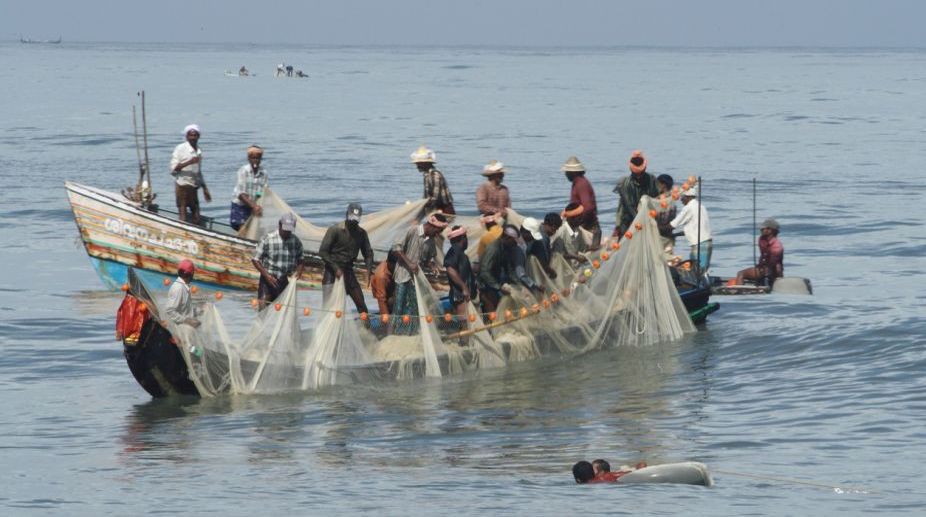India's marine fish catch has recorded an increase of 6.6 per cent during 2016 as the year before but the catch of sardines continued to show a declining trend, as per estimates released by the Central Marine Fisheries Research Institute (CMFRI) here on Friday.
The total marine fish landings for 2016 stood at 3.63 million tonnes, with Gujarat remaining at the top position for the fourth consecutive year, followed by Tamil Nadu, West Bengal, Karnataka, Gujarat, Kerala and Maharashtra.
Advertisement
Even as mackerel recorded a sharp decline in Kerala, the national fish was placed at the first spot with an overall production of 2.5 lakh tonnes ahead of sardine (2.44 lakh tonnes).
The data released shows that Kerala, one of the major fish-consuming states in the country, has slipped down to fourth spot for the first time in the history, behind Karnataka.
Sardine, the most favourite and common fish species of Kerala, continued to show a decreasing trend in the landings, recording a mere 0.46 lakh tonnes (a 32.8 per cent decrease over the previous year), which is the lowest catch of the species in the past two decades.
Though Kerala was pushed down to the fourth position, it registered an eight per cent increase in total marine fish catch at producing 5.23 lakh tonnes behind Gujarat (7.74 lakhs tonnes), Tamil Nadu (7.07 lakh tonnes) and Karnataka (5.29 lakh tonnes).
On the value front, marine fish landings at the landing centre level stood at Rs 48,381 crore, registering an increase of 20.67 per cent compared to 2015. At the retail level, the estimated value was Rs 73,289 crore with an increase of 12.44 per cent over the previous year.
According to CMFRI Director A. Gopalakrishnan, the marine capture fisheries is experiencing more fishing pressure and there is urgent need to implement control measures to maintain the harvest at sustainable level.
"Also, we have to explore the utilisation of untapped and unconventional resources to quench the demand. Further, climate change, particularly the increase of sea surface temperature and mean sea level rise, are factors affecting the marine fisheries. The CMFRI is carrying out research works for developing frameworks to mitigate such challenges," he added.











